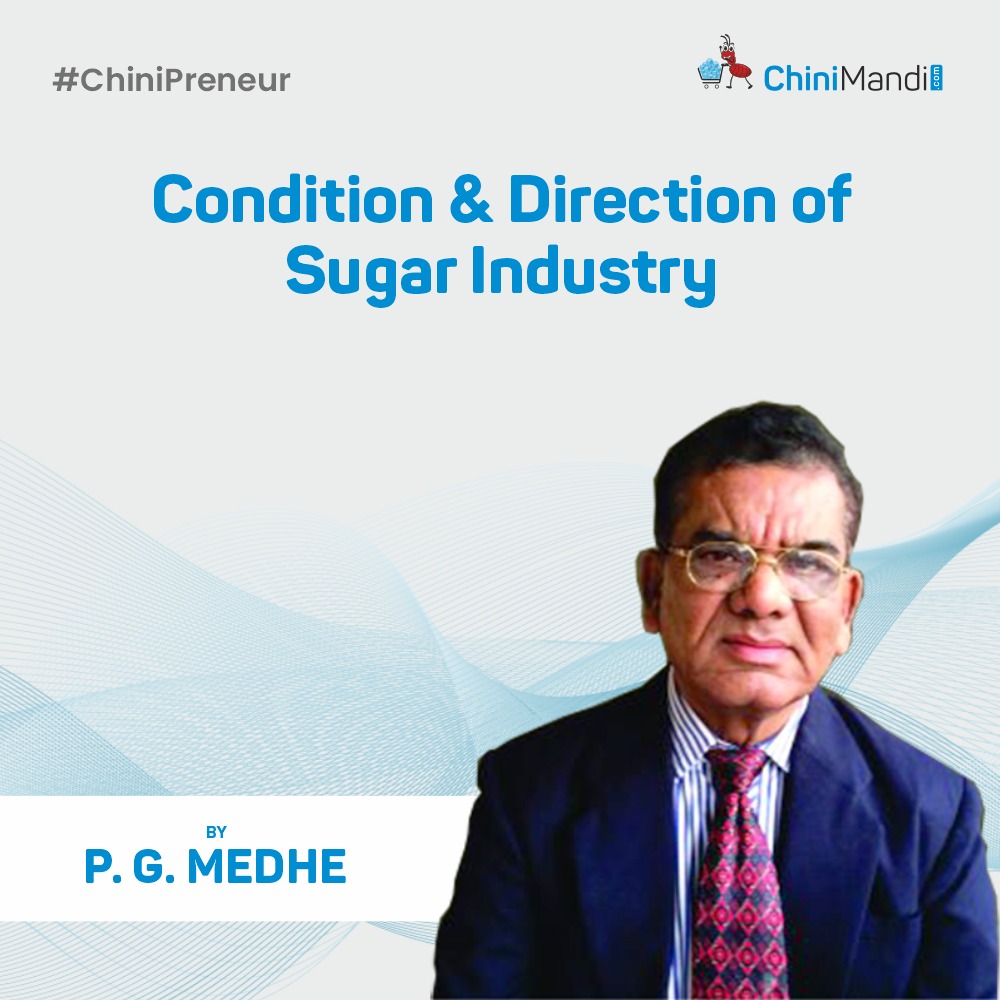In a significant move aimed at stimulating economic activity and easing financial pressures, the Reserve Bank of India (RBI) has reduced the Repo Rate by 0.5%, bringing it down from 6.00% to 5.50%. This monetary easing is particularly timely and impactful for the sugar industry, especially for cooperative sugar factories in Maharashtra and across India, which are reeling under severe financial burden due to high operational costs, and mounting interest liabilities.
Current Scenario: High Interest Costs and Heavy Borrowings
The average cooperative sugar factory in Maharashtra carries an annual working capital and term loan burden ranging from ₹300 to ₹500 crore. These borrowings are primarily used for:
-Cane procurement
-Manufacturing operations
-Ethanol and by-product production
-Ongoing infrastructure modernization
-Debt servicing of past liabilities
With interest rates hovering around 10% to 12% in recent years, the interest cost per MT of sugarcane crushed impacting the factory’s viability and ability to ensure timely cane price payments to farmers.
Impact of Repo Rate Reduction: Calculated Benefits
With the RBI slashing the repo rate by 50 basis points (0.5%), lending institutions are expected to pass on this benefit to industries, especially agri-based ones. Assuming the effective interest rate on working capital and term loans reduces from 11.00% to 10.50%, let’s assess the financial implications:

Thus, each factory stands to save ₹1.5 to ₹2.5 crore annually, translating into a direct relief of ₹25–₹30 per MT of cane crushed.
Broader Industry-Level Savings
a) With over 200 sugar factories operating across Maharashtra and many more across India, the cumulative interest cost relief for the sugar sector could exceed ₹300–₹400 crore annually, improving liquidity and helping units:
b) Ensure timely cane payments to farmers
Invest in ethanol capacity and green energy
C) Strengthen financial viability and repayment discipline
d) Comply with environmental mandates like ZLD
e) Strengthening Ethanol and Bioenergy Push
f) This interest rate relief also enhances the financial feasibility of ethanol, bio-CNG, and SAF (Sustainable Aviation Fuel) projects. Lower capital cost directly improves IRR, making these green projects more attractive to private investors and cooperative entities alike.
g) Given the policy direction of achieving 20% ethanol blending and developing a future-ready green fuel ecosystem, such rate reductions must be seen as catalysts for long-term transformation.
Call for Action:
Equal Treatment for the Second Largest Agro-Industry. Though the sugar industry is not yet formally included under the RBI’s Priority Sector Lending (PSL) classification, it is in every sense a priority agro-processing industry — second only to the textile sector in size and rural employment generation. Its deep integration with agriculture, large-scale employment, and direct impact on rural incomes make it a crucial pillar of India’s agro-industrial ecosystem.
I Hence, all concerned commercial and cooperative banks must pass on the full benefit of the repo rate reduction to sugar factories — whether for working capital, term loans, or ethanol project financing.
Moreover, the Government of India and the Reserve Bank must issue necessary directions to ensure time-bound transmission of this rate cut specifically to the sugar sector.
Without such directive implementation, the intended benefit of the monetary easing may remain notional and fail to deliver tangible results where it is needed the most.
A Monetary Window to Structural Strengthening
The RBI’s repo rate cut offers not just a fiscal relief, but a vital opportunity to reduce interest burdens, improve payment cycles, and reinvigorate diversification projects within the sugar sector. Timely policy convergence between monetary institutions and government bodies is essential to revitalise the cooperative sugar sector — the economic and social lifeline of rural Maharashtra and several Indian states.
P.G. Medhe is the former Managing Director of Shri Chhatrapati Rajaram Sahakari Sakhar Karkhana Ltd and sugar industry analyst. He can be contacted at +91 9822329898.














